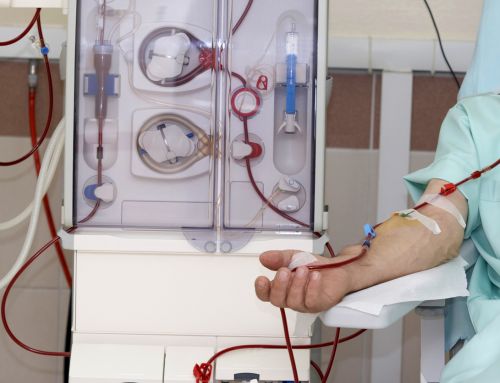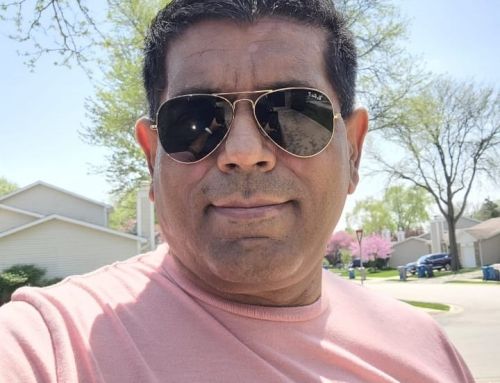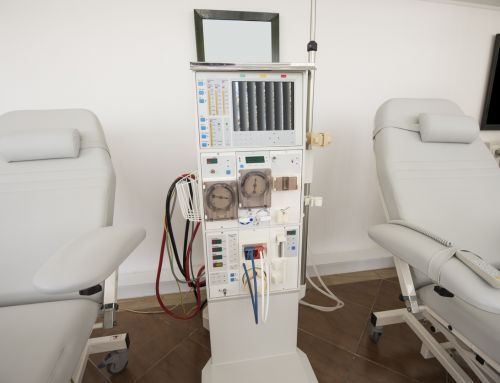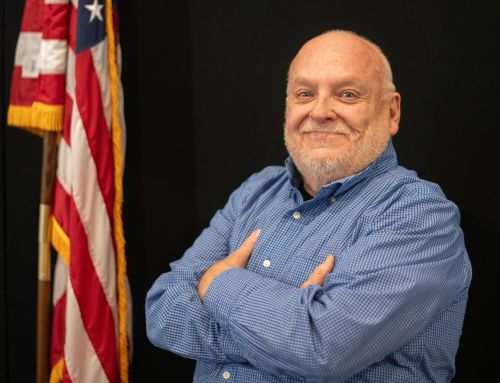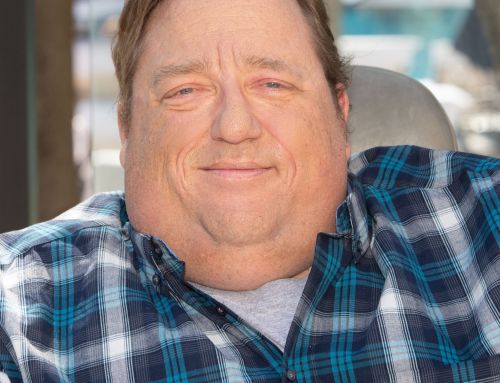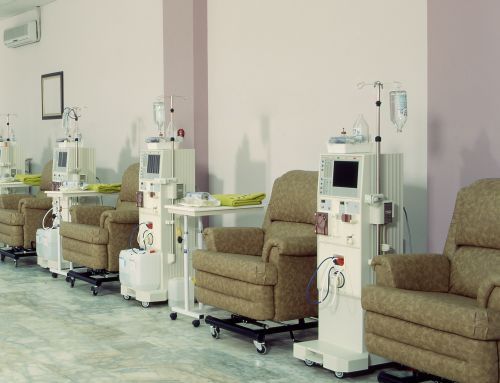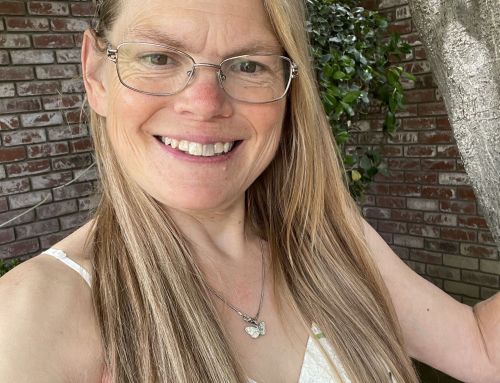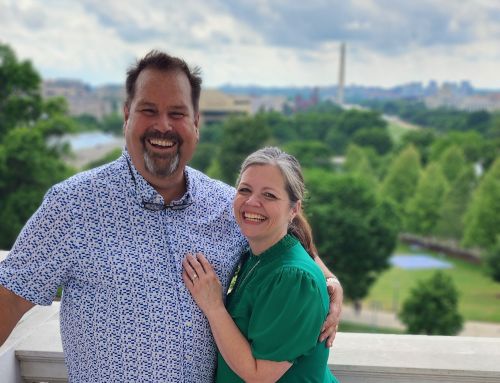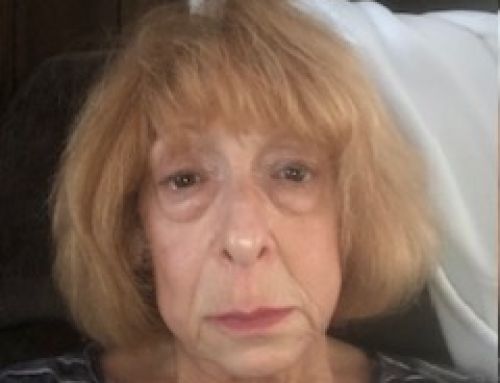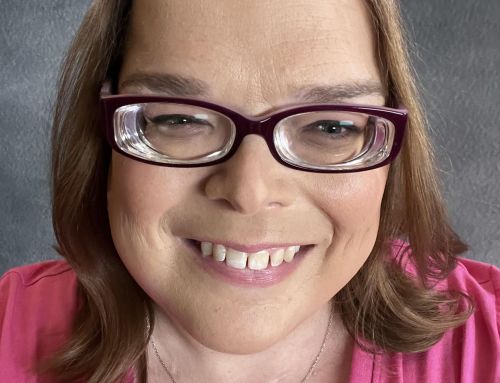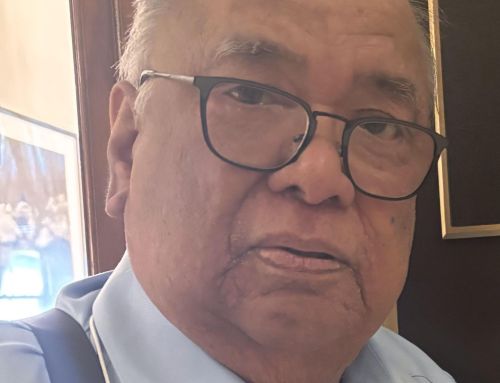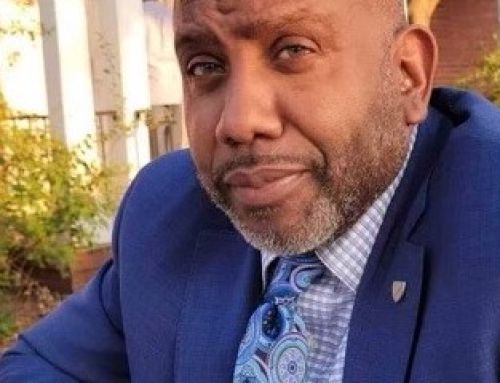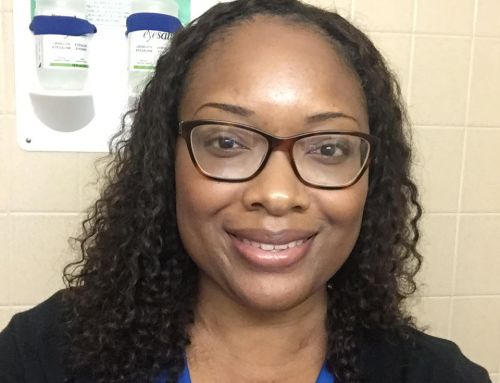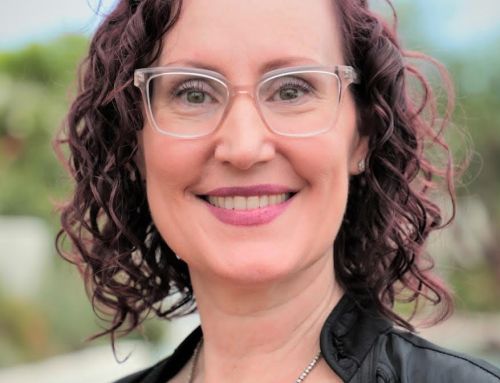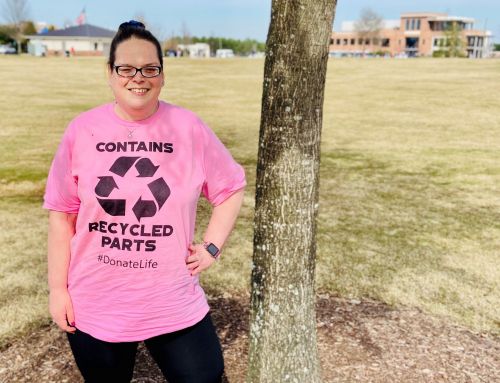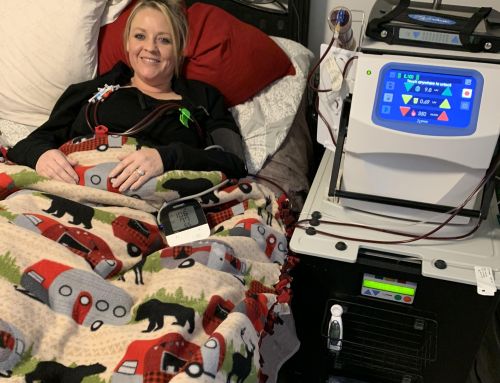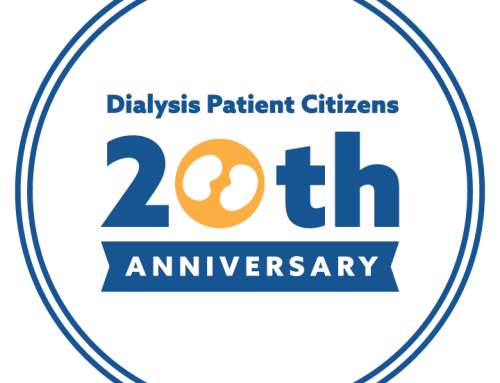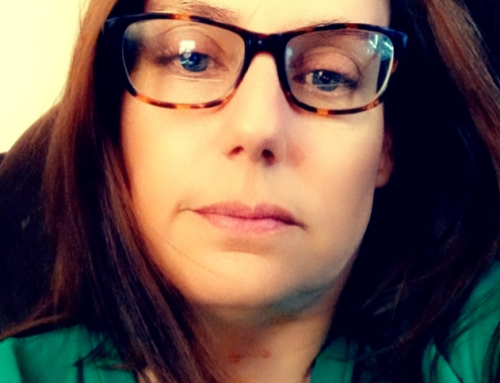March 28, 2022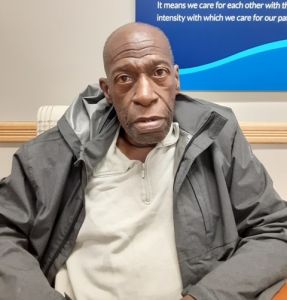
The Honorable Joshua Miller, Chair
The Honorable Bridgett G. Valverde, Vice Chair
The Honorable Valarie J. Lawson, Secretary
Members, Senate Health and Human Services Committee
Rhode Island General Assembly
RE: Support S 2194
Dear Chair Miller, Vice Chair Valverde, Secretary Lawson, Members of the Committee:
As a kidney dialysis patient residing in Woonsocket, a volunteer Patient Ambassador of Dialysis Patient Citizens and on behalf of the more than 1,800(i) fellow Rhode Island residents with End State Renal Disease (ESRD), I write to ask your support of S 2194, which will provide access to fair and equitable Medicare Supplemental (Medigap) insurance plans for dialysis patients who are under the age of 65.
Dialysis Patient Citizens (DPC) is a national, non-profit advocacy organization working to improve the quality of life for all dialysis patients through education and advocacy. DPC is a patient-led organization with membership open only to ESRD patients and their family members. DPC’s mission and policy positions are guided solely by its membership and Board of Directors that is comprised entirely of ESRD patients like me.
Dialysis patients like me need either multiple weekly dialysis treatments or a kidney transplant to stay alive. There are no other treatment options. Dialysis patients are an extremely vulnerable population, nearly half of us are on Medicaid — dual-eligible for both Medicaid and Medicare. Further, kidney disease and dialysis impacts communities of color, with African Americans 3.5 times more likely to have kidney failure while Hispanics, Asians and Native Americans are 1.5 times more likely. As an African American male dialysis patient, I am included in the races that would benefit from passage of this legislation.
Access to fair and equitable Medigap plans for under age 65 dialysis patients is critically needed for two important reasons: financial security and access to transplant. The language in S 2194, based on current OHIC statutes, rules, and procedures, will open Medigap access to under age 65 ESRD patients on a guaranteed-issue basis and require insurers to enhance the affordability of its products and rates that are consistent with the interest of the public. Medigap access without affordable premiums or limiting under age 65 Enrollees to plans that provide minimal benefits will not help dialysis patients achieve financial stability or be listed for transplant. I am happy to see that this legislation includes both guaranteed-issue and premium affordability.
Medigap helps provide financial security. People become eligible for Medicare coverage in two ways: upon turning age 65, or under age 65 when defined as disabled or diagnosed with ESRD (kidney failure). This is called Original Medicare (Part A and Part B), which does not limit annual out-of-pocket copays and deductibles. Medicare Enrollees must cover 20% of these annual expenses, which for dialysis patients can be as high as $20,000(ii) per year. Medigap covers these 20% out-of-pocket expenses, keeping patients from making impossible decisions like whether to pay their medical bills to stay alive or buy food. Many dialysis patients with no access to affordable and equitable Medigap coverage spend down their assets to qualify for the state’s Medicaid program as a way to obtain some measure of financial security.
Medigap provides coverage for life-saving kidney transplants. While some dialysis patients are not viable candidates for a kidney transplant, that is the optimal therapy for many individuals with kidney failure as it often adds years to life expectancy and provides a higher quality of life. Currently, there are 287(iii) Rhode Islanders on the kidney transplant waitlist; 206 are under the age of 65. However, as part of the transplant evaluation process, transplant centers conduct extensive financial clearances(iv) to ensure there is no financial liability for both the patient and transplant center, helping patients understand the gaps in their health insurance coverage and be realistic about the costs they face. Access to affordable Medigap coverage provides these individuals with the opportunity to obtain lifesaving kidney transplants.
I also volunteer as the Patient Advisor at my dialysis treatment facility and have heard from fellow dialysis patients how access to Medigap coverage can be a literal lifesaver. At any given time, I have observed at least a 15-20% population of under age 65 dialysis patients at my dialysis treatment center. I urge your support of S 2194 and look forward to informing fellow dialysis patients that access to affordable and equitable Medigap coverage can provide them with financial security and access to life-saving kidney transplants.
Sincerely,
Theodore Chaplin
Resident of Woonsocket
cc: Senator Dennis L. Algiere
Hrant Jamgochian, J.D., LL.M.
Chief Executive Officer, Dialysis Patient Citizens
Elizabeth Lively, Eastern Region Advocacy Director
Dialysis Patient Citizens
elively@dialysispatients.org
312-890-1428
References:
i. US Renal Data System 2020 Annual Report; Data Query Tools, ESRD Prevalent Count
ii. US Renal Data System 2020 Annual Report; End Stage Renal Disease, Ch. 9
iii. https://optn.transplant.hrsa.gov/data/view-data-reports/state-data/
iv. No Cash, No Heart. Transplant Centers Require Proof of Payment 5 December 2018 https://khn.org/news/no-cash-no-heart-transplant-centers-require-proof-of-payment/

